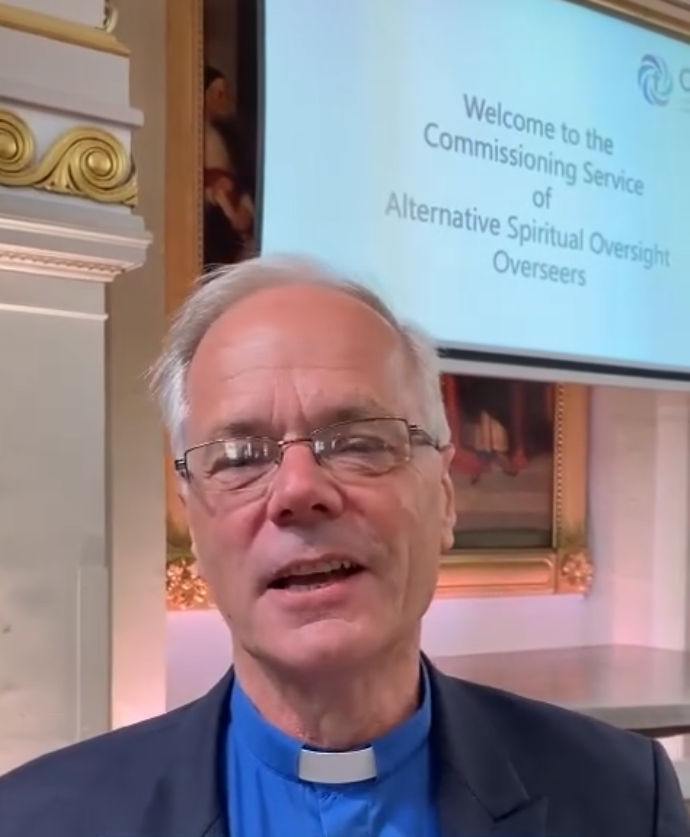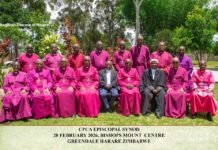You’ll have seen in previous editions mentions of a ‘de facto parallel province’ within the Church of England. Here we explore a little more about what it is, why it’s needed and what we hope will be achieved by it.
What is a de facto parallel province? The obvious point to make is that it is not an actual or real province – de facto is by contrast with de jure. At the same time, it can in practice be a very real and positive reality. Imagine between 500 and 1,000 churches working together ‘as if’ they were an orthodox province within the Church of England. Imagine them using their money to support orthodox mission, ministry and evangelism. Imagine them receiving spiritual oversight from orthodox men and women of recognised national leadership stature. Imagine their ordinands being trained for ministry in institutions committed to orthodoxy, and curates being ordained by bishops upholding the apostolic faith as we have received it and being placed with orthodox training incumbents. And imagine all this being served by a leadership of bishops, clergy and lay people whose biblical teaching and personal integrity is entirely consistent with the historic doctrine and teaching of the Church of England. This would describe what a ‘de facto parallel province’ looks like on the ground.
The second question that people are asking is, ‘Why do we need a de facto parallel province?’. In part, this is in order to enable the House of Bishops, and Church of England more widely, to appreciate just how widespread and deep is the concern caused by the ongoing LLF project. It is hoped that the strength of this widespread concern as evidenced by the reality of this de facto province could signal (indeed ‘shout’) the need for our archbishops and House of Bishops to commit to genuine negotiation with those wishing to contend for the historic faith in the Church of England, as against the currently empty promises of provision being made. It is also the case that whatever is constructed by way of a de facto parallel province could be the ‘seed’ of permanent provision – preferably within the Church of England.
Most of us will agree that it appears that the House of Bishops is determined to drive the ‘LLF bus’ forwards. We might also agree that this will take the C of E to a place contrary to Scripture’s teaching. And while we pray for divine intervention and the miracle of the House of Bishops doing a U-turn, CEEC is convinced that we need to engage in large-scale and widespread protest in order for our voice to be heard in the meantime. Participation in this de facto province is significant in that regard – and all those clergy and churches wishing to stand with the Alliance at this time should consider whether they can use the Ephesian Fund for their parish share-giving, whether clergy can request the oversight being provided by CEEC, if they can send ordinands through the new ‘pipeline’ being constructed, and whether in due course they can join new fellowship structures which will be created to support evangelism, church planting and gospel service to local church communities.
It has been suggested that the challenge of the autumn could be summed up as one of engaging in ‘principled protest’, in order that 2025 can see the emergence of ‘permanent provision’ through structural rearrangement within the Church of England.
And if all of this seems too optimistic to you, it’s worth us being reminded of those short, simple, but profound words: ‘But God.’ Humanly speaking, what we are seeking to achieve might seem impossible, but that would be to disregard the God of the bible. We contend. We pray. We carry on.
Sign in
Welcome! Log into your account
Forgot your password? Get help
Password recovery
Recover your password
A password will be e-mailed to you.



